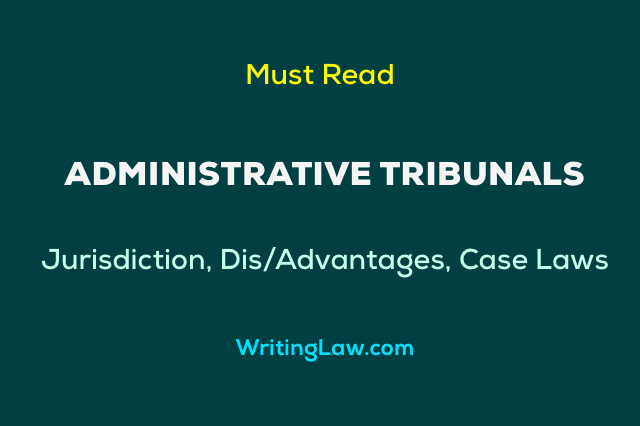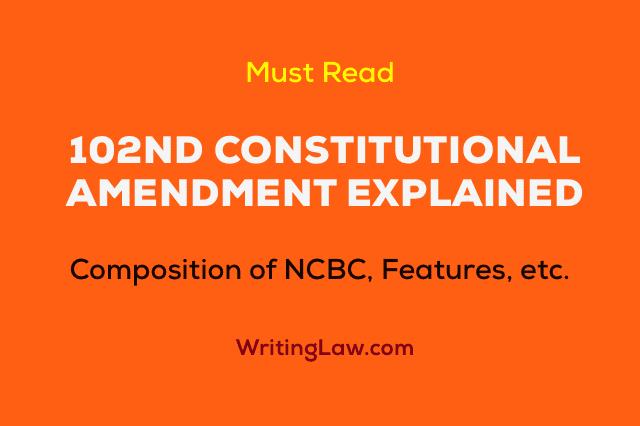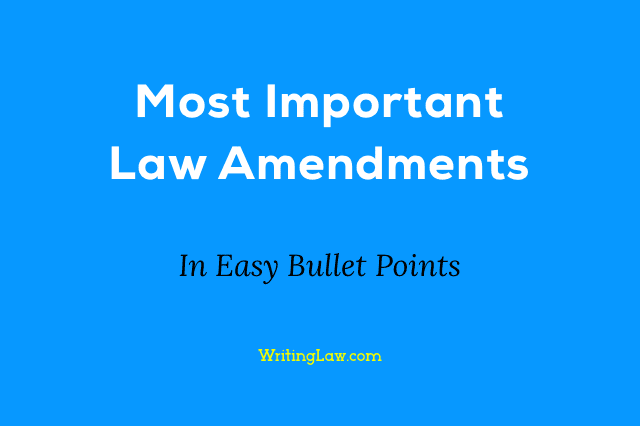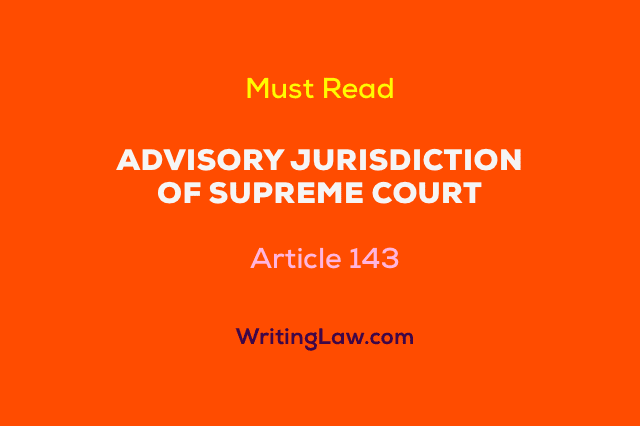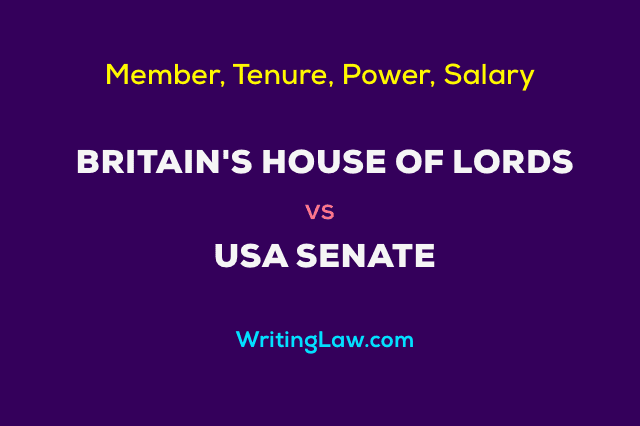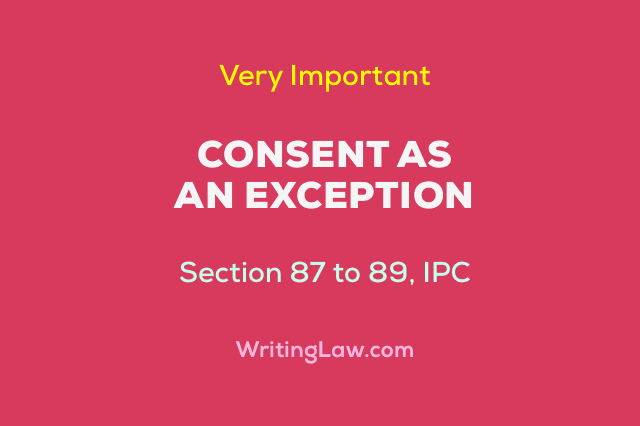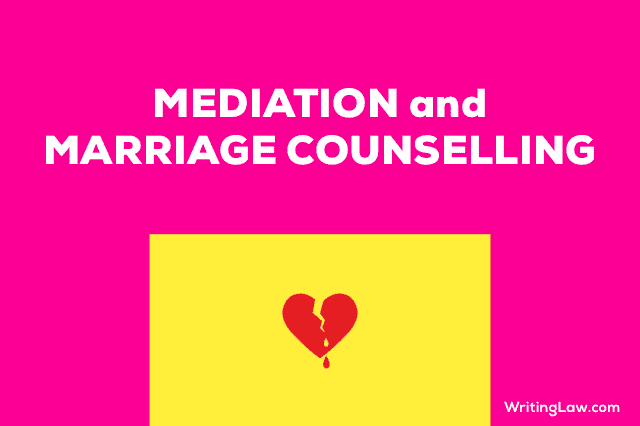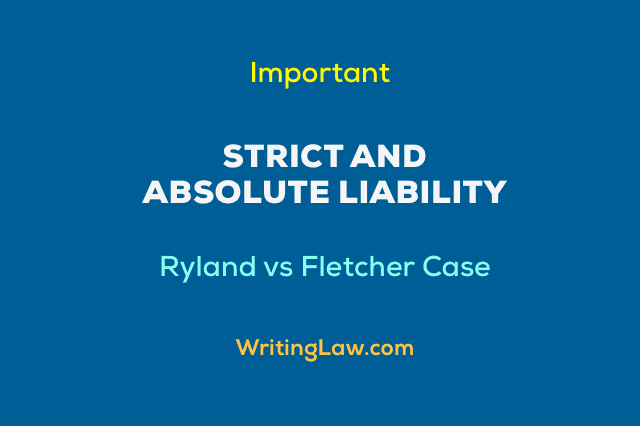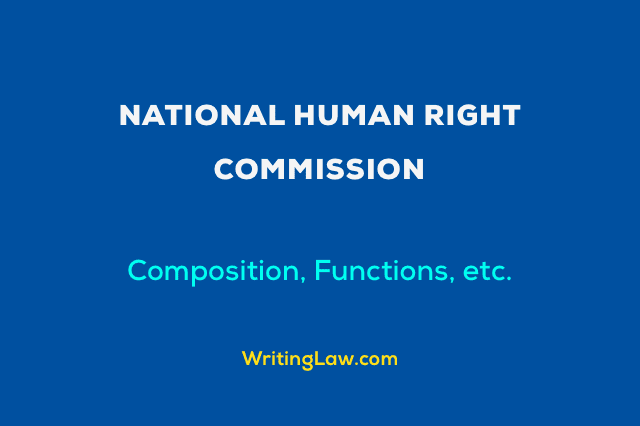Mercy Petition – Article 72 and 161 of the Constitution of India
To seek a mercy petition, the death sentence by the Session Court must be confirmed by the High Court. The convict who has been given a death sentence can appeal to the Supreme Court. Suppose the Supreme Court refuses to hear the appeal or upholds the death sentence.
In that case, a mercy petition can be submitted to the President of India under Article 72 of the Indian Constitution or to the Governor of state under Article 161 of the Indian Constitution.KEEP READING


